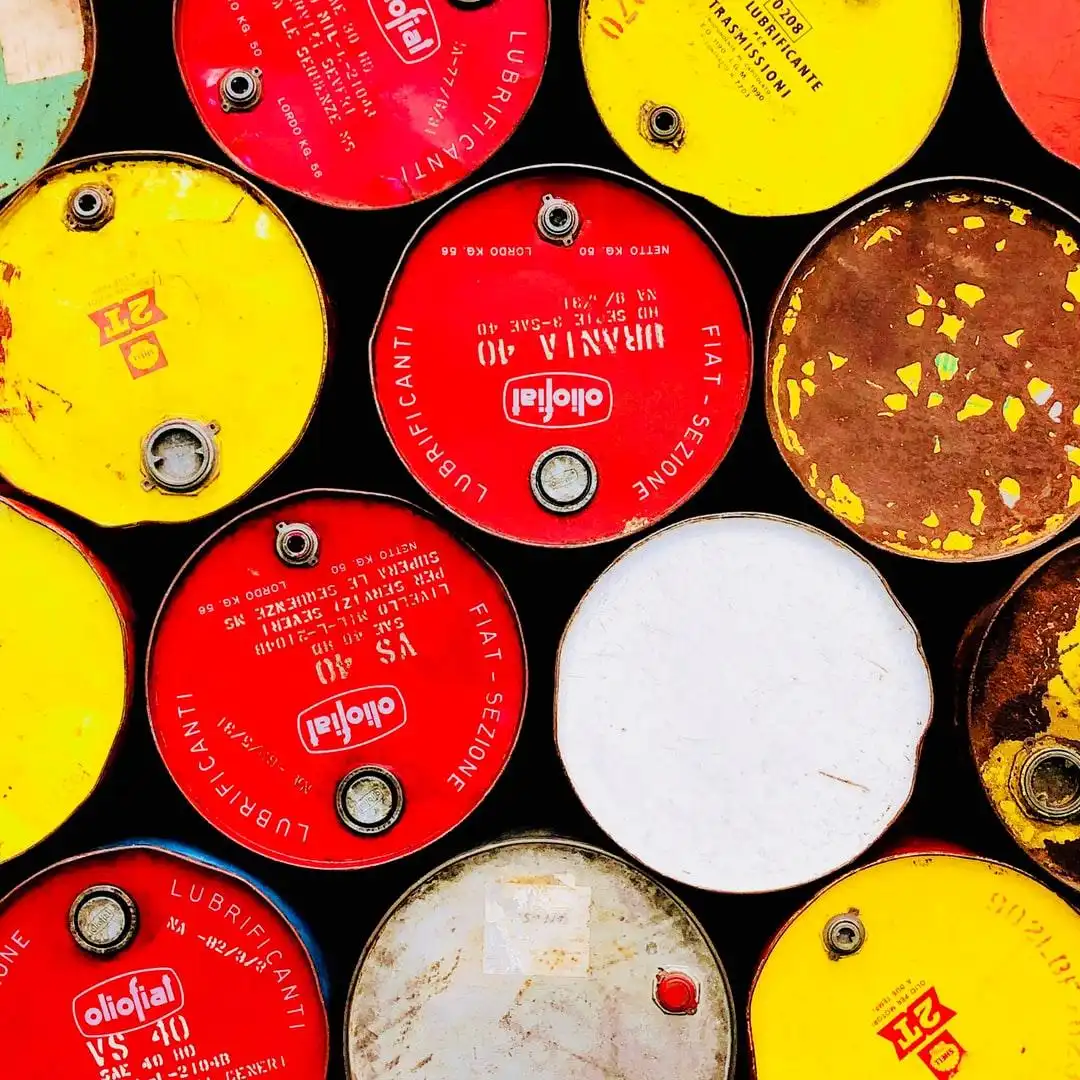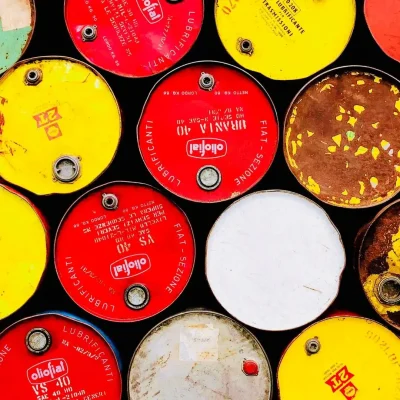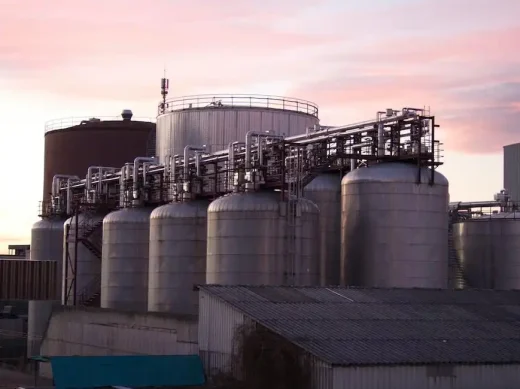How oil tank monitoring systems can help prevent costly fuel shortages and leaks, Home Advice
How Oil Tank Monitoring Systems Can Help Prevent Costly Fuel Shortages and Leaks
11 December 2024
Fuel management is a critical aspect of operating any business that relies on oil, be it a manufacturing plant, a construction site, or a commercial facility. With fluctuating prices and supply chain uncertainties, you want an uninterrupted supply of fuel.
The most effective way to enhance fuel management is through the use of oil tank monitoring systems. These systems provide real-time data on fuel levels and detect leaks, thereby minimizing risks and costs associated with fuel shortages. Let’s explore the various advantages of implementing these monitoring systems in detail.
The Benefits of Implementing Oil Tank Monitoring Systems
An oil tank monitoring system offers numerous advantages that go beyond just tracking fuel levels. Among the most significant benefits is the ability to keep a constant watch on fuel supply, reducing the risk of unexpected shortages. Unexpected dips in oil levels can lead to operational downtime, which can be both disruptive and costly. That said, the integration of oil tank monitoring as a necessity in any fuel-dependent operation can drastically reduce the financial implications of mismanagement. Think about advanced monitoring solutions that enable automated ordering systems to replenish supplies before they run low, saving costs in the long run. Let’s take a more in-depth look at these benefits in the following sections.
Minimizing Environmental Risks
Fuel leaks can pose a significant environmental threat, leading to contamination of soil and water. Such incidents can result in costly clean-ups and legal ramifications, not to mention potential damage to a company’s reputation. Oil tank monitoring systems can identify leaks early and allow for prompt response and remediation.
By regularly monitoring pressure levels, temperature, and other indicators, these systems can alert operators to anomalies that suggest a leak may be occurring. These systems will safeguard the environment and enhance corporate responsibility. Organizations can avoid the negative publicity associated with environmental mishaps, reinforcing their commitment to sustainability.
Cost Savings Through Efficient Fuel Management
An oil tank monitoring system translates directly into significant cost savings for businesses. By automating the monitoring process, companies can minimize labor costs associated with manual inspections. These systems prevent overfilling, which can result in wastage and environmental penalties. The precise tracking of fuel usage patterns enables businesses to forecast fuel needs accurately, making them less likely to experience emergency deliveries, which come with higher costs.
Thanks to the increased efficiency of operations, staff can focus on more productive tasks rather than spending time on fuel management. This double-edged approach cuts costs and enhances overall operational productivity. Investing in monitoring technology contributes to a healthier bottom line.
Enhancing Inventory Control
Businesses can employ oil tank monitoring systems to provide them with comprehensive visibility into their fuel inventory. This system tracks the amount of fuel on hand and monitors patterns of consumption. By analyzing this data, businesses can better understand their fuel usage habits and make informed adjustments.
Companies can identify peak usage times and optimize delivery schedules to ensure they have enough fuel available during critical operations. The inclusion of smart sensors can facilitate real-time updates, giving decision-makers instant insight. These insights enable more strategic planning and purchasing decisions, preventing unnecessary stockpiling or shortages that can disrupt operations. A robust monitoring system can integrate with existing Enterprise Resource Planning (ERP) systems, leading to streamlined processes and fewer errors in inventory management.
Improving Compliance and Safety Standards
With stringent regulations surrounding fuel storage and safety, an oil tank monitoring system can help businesses maintain compliance effortlessly. Regulatory bodies may require facilities to monitor fuel tank conditions, and an effective monitoring system simplifies this process by providing necessary documentation and reports.
Automated alerts can be set up for maintenance schedules and necessary inspections so that companies do not overlook critical tasks. Safety compliance reduces the risk of accidents and incidents related to oil spills or leaks, protecting both employees and the surrounding community. Continuous monitoring allows for immediate corrective action in case problems arise, fostering a safer work environment.
The advantages extend beyond compliance; they resonate throughout the organization, solidifying a culture of safety. Companies can focus on core operations without the looming worry of non-compliance issues affecting their productivity and reputation.
The Future of Oil Tank Monitoring Technology
The future of oil tank monitoring systems looks promising, with advancements continuously being made in technology. Artificial intelligence and machine learning capabilities are now being integrated into these systems, enabling better predictive analysis and risk assessment. Predictive algorithms can forecast when tanks will need replenishing based on historical data and trends, further optimizing fuel management.
The connectivity of these systems to IoT devices heralds a new era of operational efficiency. Data from various sensors can be aggregated and analyzed in real-time, offering unprecedented insights into fuel management practices. As technology continues to evolve, organizations will find even more innovative ways to leverage data for better decision-making and increased operational effectiveness.
Investing in future-ready oil tank monitoring systems can distinguish businesses. Regular monitoring and data analysis can prevent costly fuel shortages and leaks. By safeguarding finances, enhancing compliance, and promoting sustainability, these systems provide solutions that meet the demands of modern operations. Companies that invest in these technologies position themselves for long-term success.
Comments on this guide to How Oil Tank Monitoring Systems Can Help Prevent Costly Fuel Shortages and Leaks article are welcome.
Buying Property
Buying Property Posts
Pros and cons of selling your home
Things to consider when selling to cash house buyers
Home Articles
Residential Architecture
Comments / photos for the How Oil Tank Monitoring Systems Can Help Prevent Costly Fuel Shortages and Leaks page welcome







